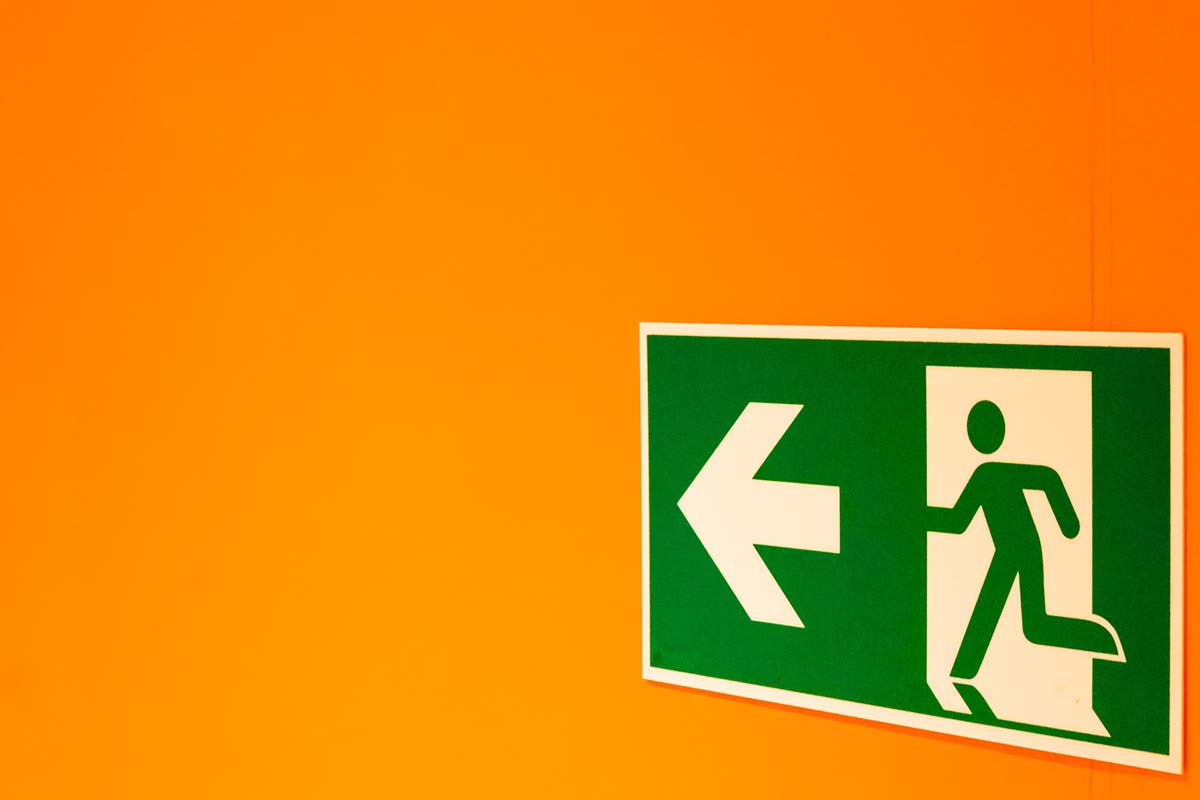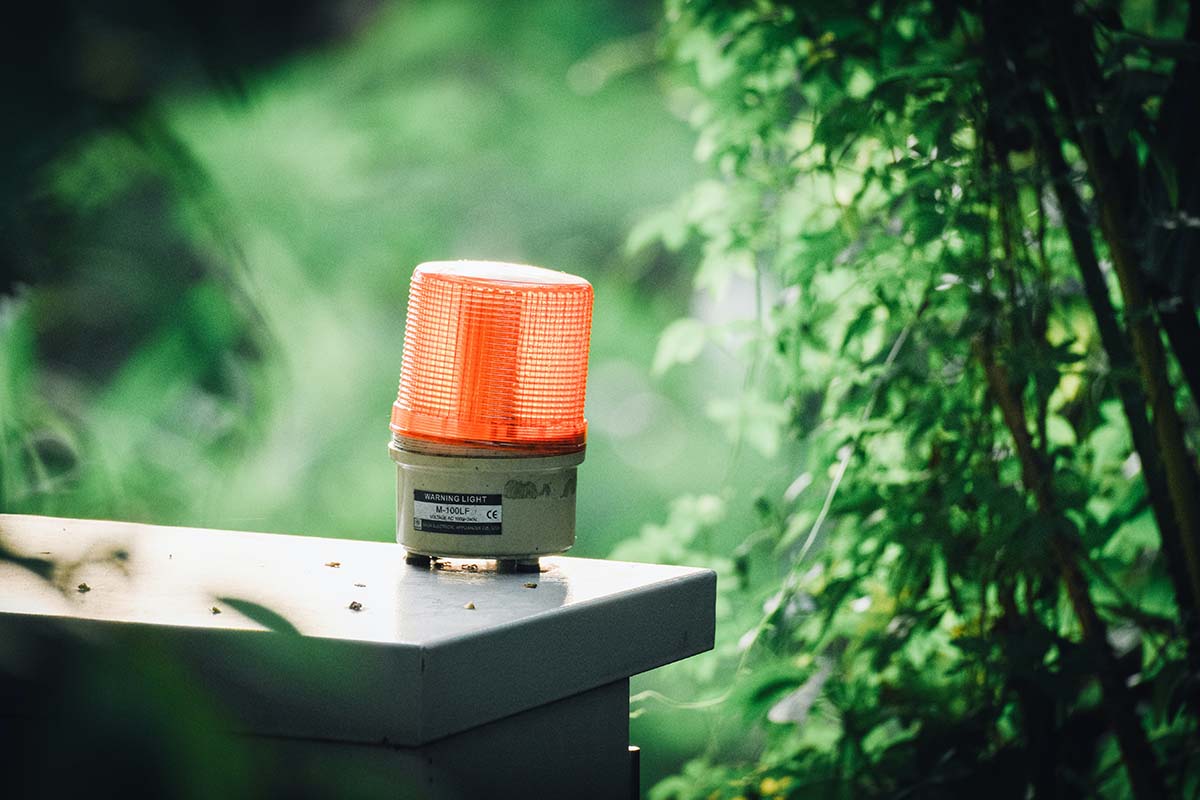Being up to date on the issues of defense and safety can be overwhelming. Thankfully, there are several simple guidelines that civilians can adhere to to stay informed about national security matters and protect themselves against potential threats or disasters.
Whether you wish to learn more about your rights during natural disasters or understand the dangers of terrorist attacks better, understanding these six useful guidelines for defense-aware citizens can help keep you safe and ensure you are prepared for any emergency scenarios.
Guidelines For Defense-Aware Civilians: Know Your Rights
In times of crisis or emergencies, knowing what actions you are legally allowed to take to protect yourself and others around you is crucial. Familiarizing yourself with state and federal laws regarding self-defense can help prevent any potential legal issues in the event of a dangerous situation.
Additionally, understanding the laws regarding possession and use of defensive weapons such as pepper spray or tasers can also be beneficial in keeping yourself safe. It is important to note that these laws may vary from state to state, so it is essential to research and stay updated on your local laws and regulations.
Stay aware of your surroundings
Paying attention to suspicious people and looking out for potential threats can help you avoid dangerous situations. In addition, being aware of your environment can also allow you to spot any potential escape routes or safe areas in case of an emergency.
Having a plan in place for different scenarios, such as an active shooter or a natural disaster, is also a good idea. This can include identifying safe areas to seek shelter or having emergency contacts readily available. Furthermore, it is worth considering investing in personal protective gear, such as bulletproof vests for defense-aware civilians, which can provide an extra layer of protection in case of an attack. Remember, being prepared and cautious rather than regretful is always better.
Carry a non-lethal weapon for self-protection
Carrying a non-lethal weapon for self-protection is a practical and responsible approach to safeguarding yourself in potentially dangerous situations. Pepper spray, stun guns, and tasers are all excellent choices that offer a reliable means to fend off attackers without causing permanent harm.
Having these weapons readily available gives you a sense of security when navigating alone or in environments that may pose potential risks. Pepper spray, for instance, is a compact and easily accessible option that emits a powerful spray, causing temporary discomfort and impaired vision to the assailant, providing you with an opportunity to escape.
Stun guns deliver a non-lethal electric shock, temporarily incapacitating the attacker and allowing you to seek safety. Tasers, on the other hand, provide a longer-range option with the ability to immobilize an assailant from a distance.
While these self-defense tools can be valuable assets, it is crucial to understand their proper use and adhere to safety precautions. Taking a self-defense course or consulting with a professional can equip you with the necessary knowledge and techniques to wield these weapons effectively, maximizing their potential to ensure personal safety. Remember, the key is to be prepared and confident, empowering you to navigate the world with peace of mind.
Develop an emergency plan with key safety points
Creating an emergency plan with key safety points is an essential guideline for civilians prioritizing defense awareness. This can include defining meeting places, escape routes, and other necessary steps to take in case of a crisis or disaster. It is essential to have a clear plan in place that can be easily communicated and understood by all members of your household or workplace. This not only ensures the safety of everyone involved but also helps in avoiding confusion and chaos during a critical situation.
It is crucial to regularly review and update this plan as needed, especially if there are any changes in your living or working environment. In addition, it can be helpful to have emergency supplies readily available, such as first aid kits, flashlights, non-perishable food items, and water. These can come in handy during a natural disaster or other emergencies when access to basic necessities may be limited.
Have a communication plan in place in case your phone is lost or stolen
In emergency situations, having a way to contact loved ones and authorities can be critical. This can include identifying important contacts and keeping them written down on paper or stored in a separate device so that they are easily accessible even if your phone is not available. It is also important to have a designated contact person who can act as a point of contact for everyone in your household or workplace.
In case of an emergency, this person can help communicate important information and provide updates on the situation. Having a designated meeting place may be beneficial in case communication systems are down or unreliable. This way, you and your loved ones can still reunite and ensure each other’s safety. It is also important to regularly review and update this communication plan, especially if there are any changes in contact information or emergency protocols.
Join or start a neighborhood watch group with other local civilians
Neighborhood watch groups involve citizens working together to observe and report suspicious activity in their area. They can also provide a sense of community and support during times of crisis or emergencies.
By staying connected with your neighbors and sharing information, you can help prevent crime and keep each other safe. In addition, these groups often work closely with local law enforcement agencies, allowing for better communication and collaboration in addressing security concerns.
If there is no neighborhood watch group in your area, consider starting one and reaching out to local authorities for support and resources. Together, you and your neighbors can create a stronger and safer community.
Defense awareness is a crucial aspect of personal safety that should not be taken lightly. Remember, it is always better to be prepared and cautious rather than regretful in the face of a potential threat. By prioritizing defense awareness, you can empower yourself and those around you to navigate the world with confidence and peace of mind. Stay safe, stay informed, and stay vigilant.




















